11. Wunderkind Scott Harris
When Tigers owner Christopher Ilitch in September 2022 tabbed 35-year-old San Francisco GM Scott Harris to lead his disappointing club into the future, he was going against the grain of Detroit history. The Tigers have been one of the most successful American League franchises in their 125-year existence, but they have mostly hewed to the conservative side when making major decisions. Therefore, hiring a young executive who had never led an MLB front office — Harris served underneath a president of baseball operations with the Giants, just as Tigers GM Jeff Greenberg now serves under Harris — was the kind of risk that Detroit ownership would normally pass over. Detroit’s previous general manager, Al Avila, was 57 when he succeeded Dave Dombrowski late in 2015.
As evident now, the risk was well worth it, and it was a master stroke on Ilitch’s part to hire someone who looks, sounds, and acts like a certified genius. Not only has Harris revived the flagging fortunes of the tortuously slow rebuilding process, but the attractive young squad the Tigers put on the field has also revived badly flagging enthusiasm in Detroit’s loyal but recently skeptical fanbase.
Perhaps it was the bitter memory of the last time Detroit took a flier on a rising young executive that led ownership to go for an experienced executive in Dombrowski in 2002, and for a safe but uninspired internal hire in 2015.
Harris is the Tigers’ first young general manager since ill-fated 29-year-old Randy Smith was brought in from San Diego in 1996 — but Smith was merely a legacy who had risen to his level of incompetence. (Smith’s father, Tal Smith, was a longtime executive with the Yankees and Astros.)
Smith quickly earned a good reputation with the Padres by carrying out a fire sale of expensive veterans after he took over in 1993, acquiring a pile of young prospects in return. After taking over the Tigers, he followed a similar blueprint in preparation for the opening of Comerica Park in 2000. Stocking the larder with prospects acquired via trades and the premium draft picks Detroit’s lowly finishes bestowed on him, Smith was named AL Executive of the Year for 1997 by Baseball America, which simultaneously named the Tigers Organization of the Year.
Stockpiling largely untested talent for the future is not the same as winning in the major leagues, as Smith — like many other GMs who quite easily could dump veteran salaries for inexpensive youngsters — would soon find out. None of the prospects Smith acquired would prove to be stars of the first order, and few could be considered stars of the second order. Smith cemented his doom by gambling on the acquisition of two-time American League MVP Juan Gonzalez to lead the Tigers in the inaugural season at their new home.
It was a bad gamble that turned into a disaster. Gonzalez was a slow-footed slugger who had already peaked before he was traded. His brief tenure in Tigertown was marked by surliness, injury, and underperformance. Tigers fans were only too happy to watch him spurn an insanely generous long-term contract offer from Smith in order to test free agency after 2000. While Gonzo rebounded nicely in Cleveland in 2001, it proved to be his last good season.
Proof that everyone else in baseball understood that Smith was an abject failure in Detroit can be found in the fact that he was never given another chance to lead an MLB club after being fired six games into the 2002 season.
Dombrowski, at 31, became the youngest GM ever in AL/NL history when he was appointed to lead the Montreal Expos in midseason 1988. When he arrived to Detroit in 2002, he was only 45, yet he already had 14 years of experience running MLB organizations.


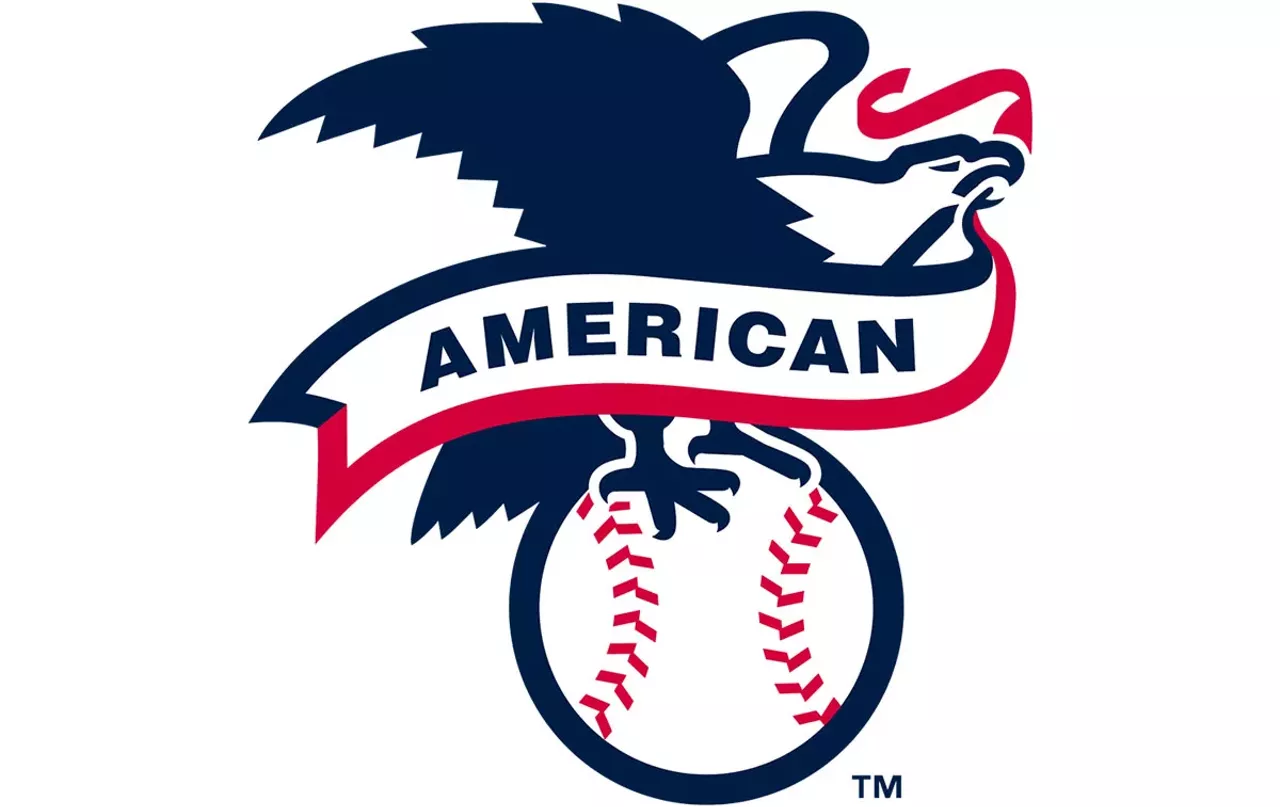
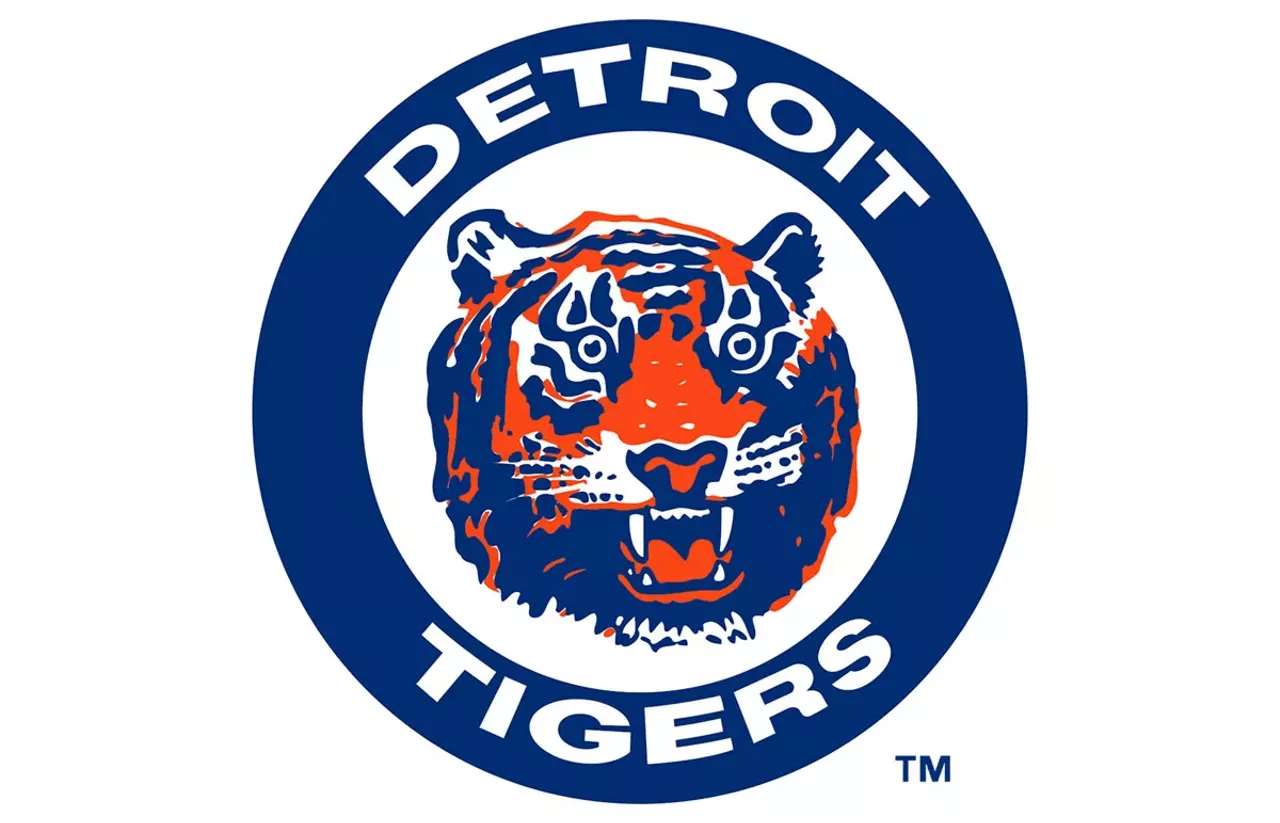
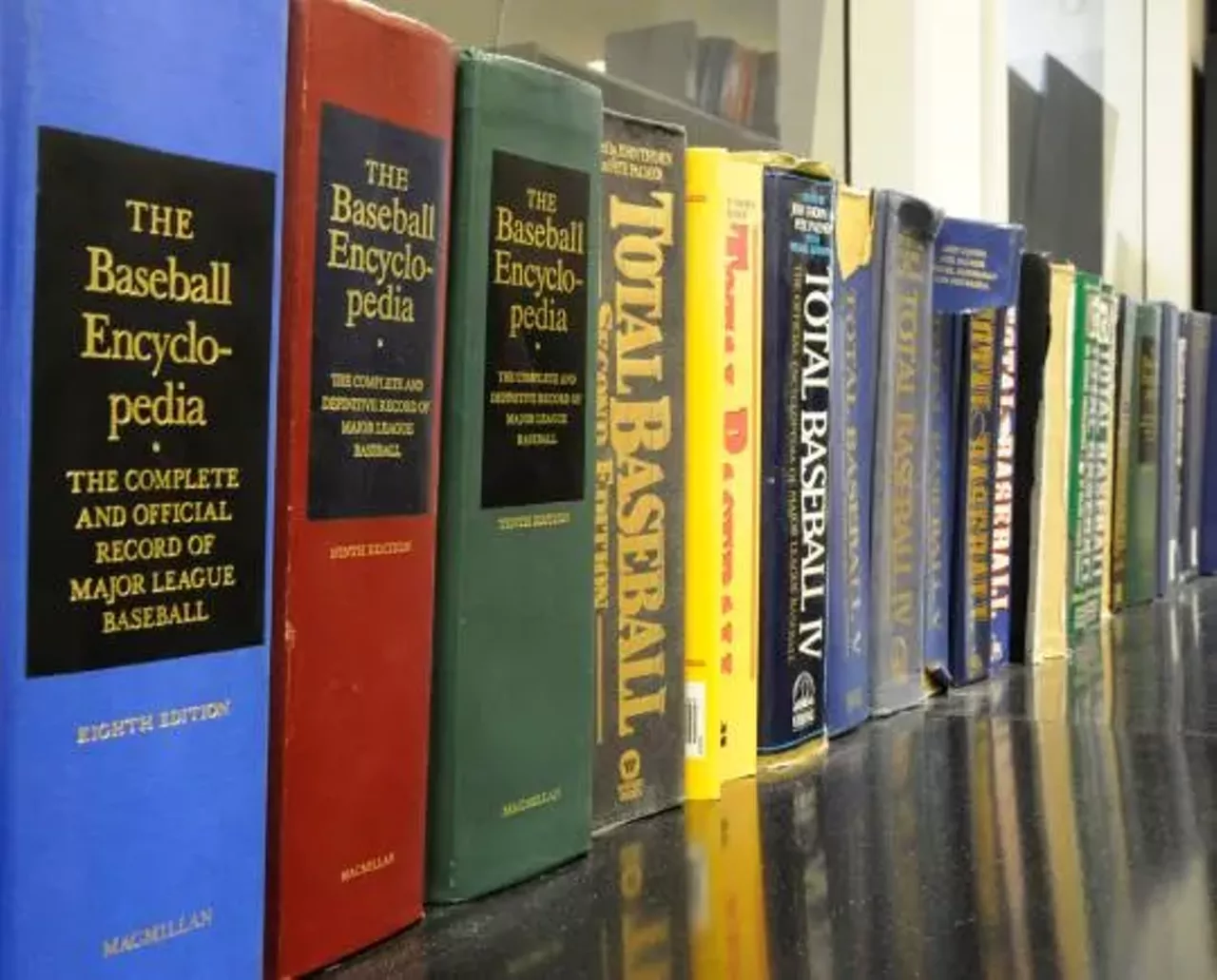



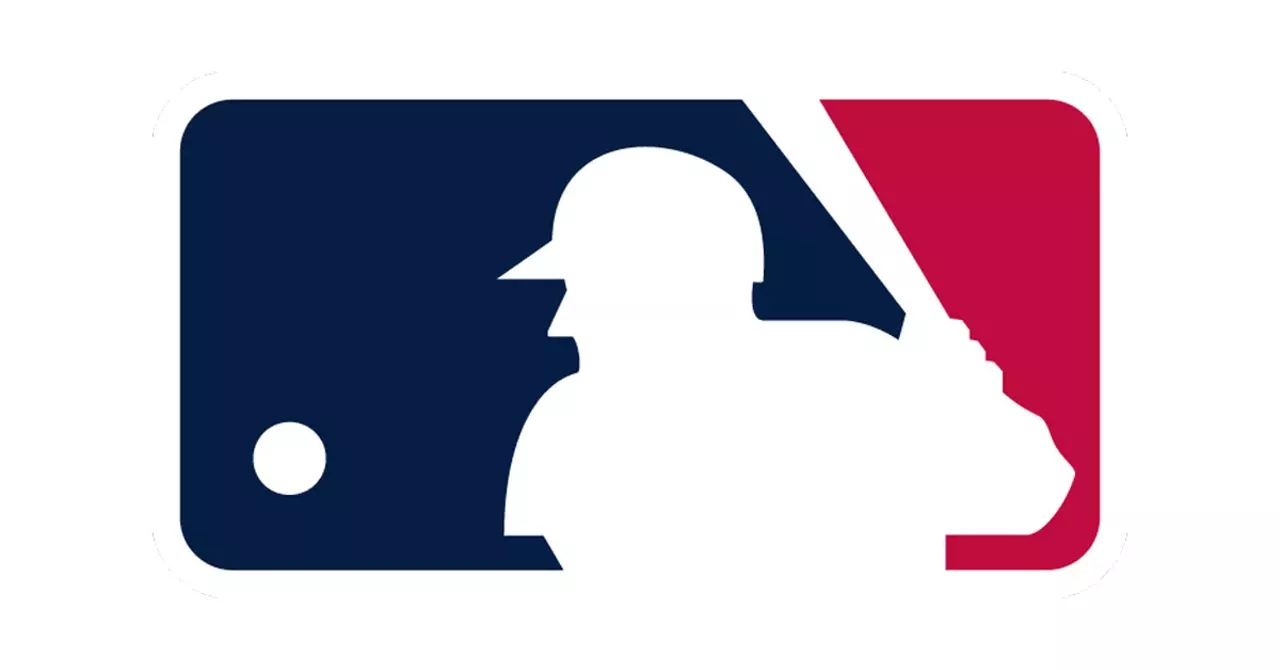





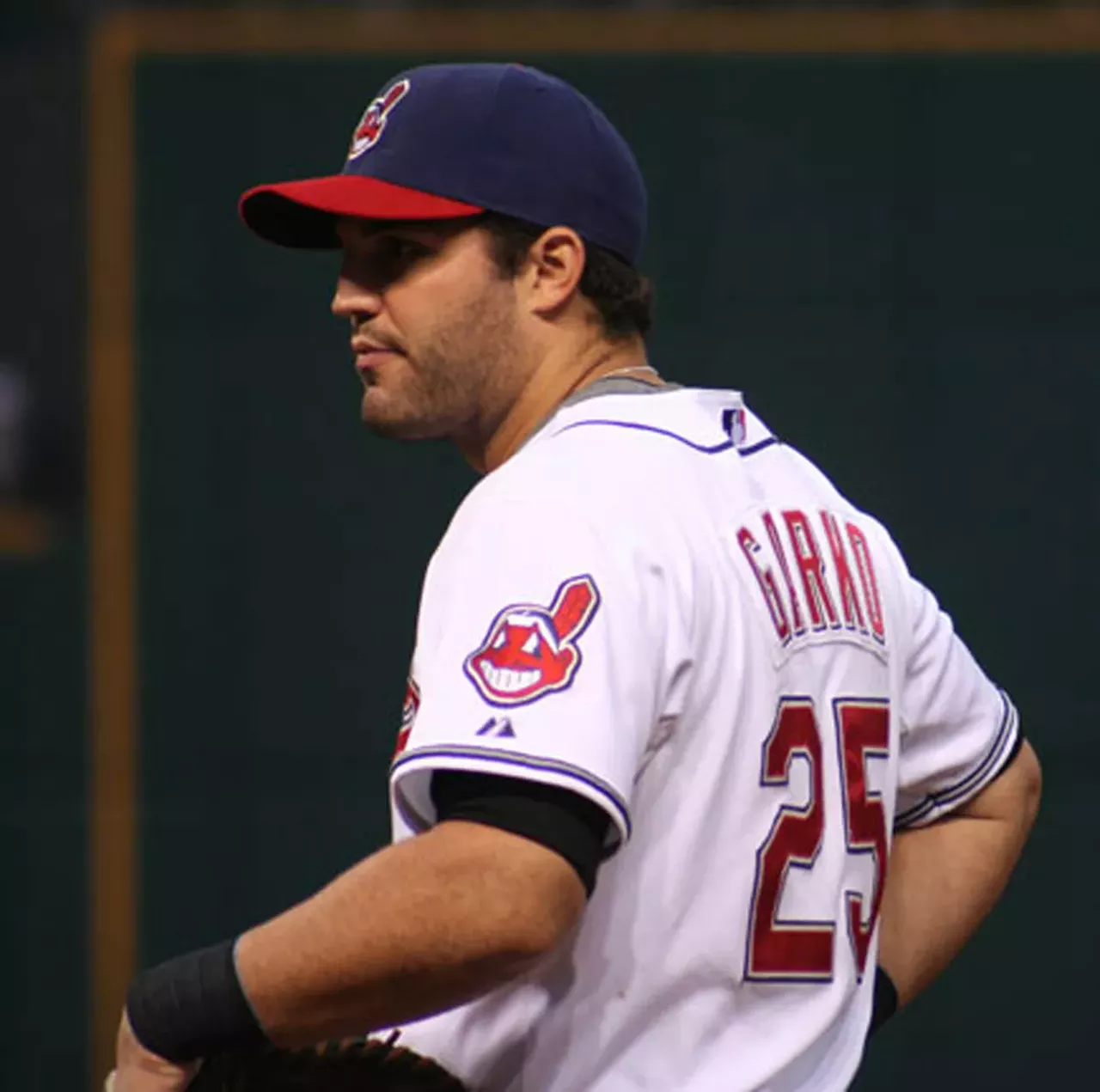


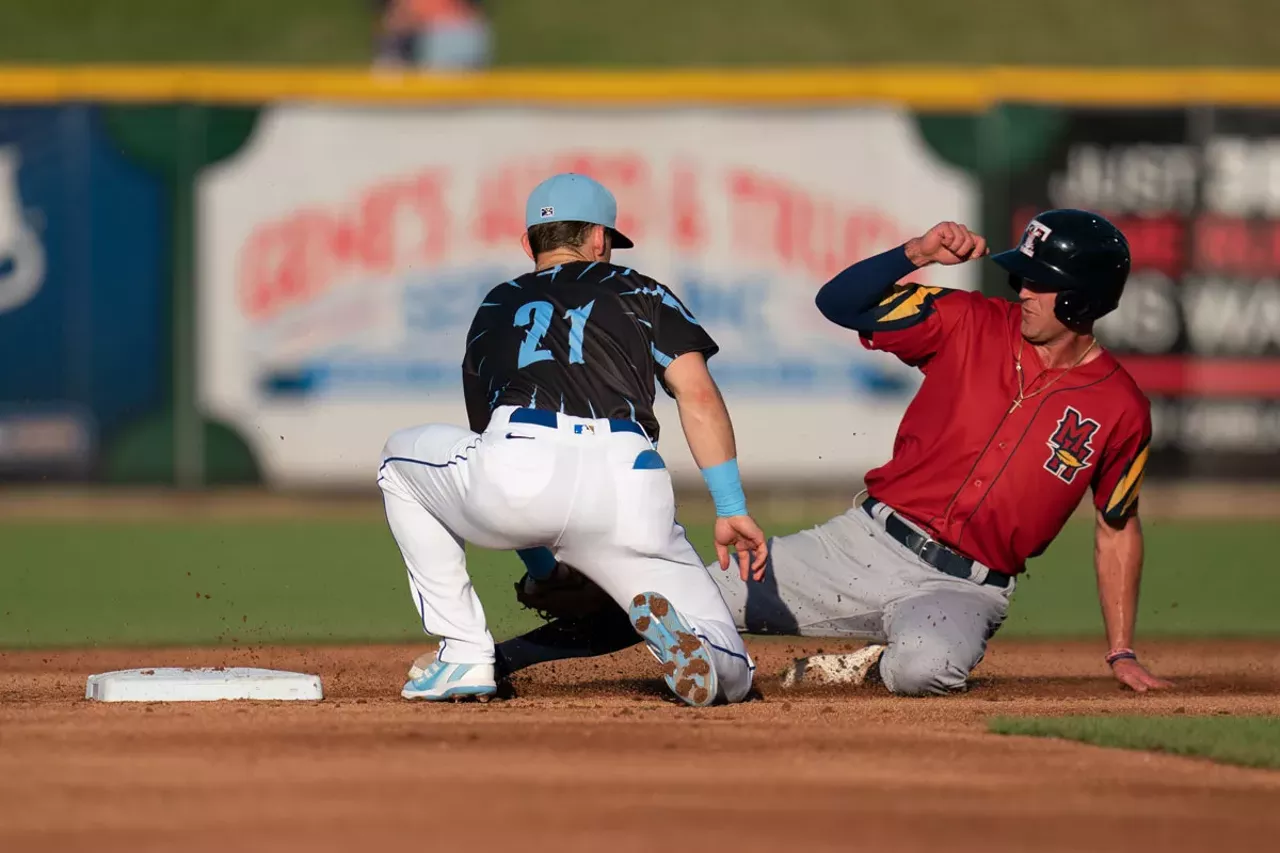
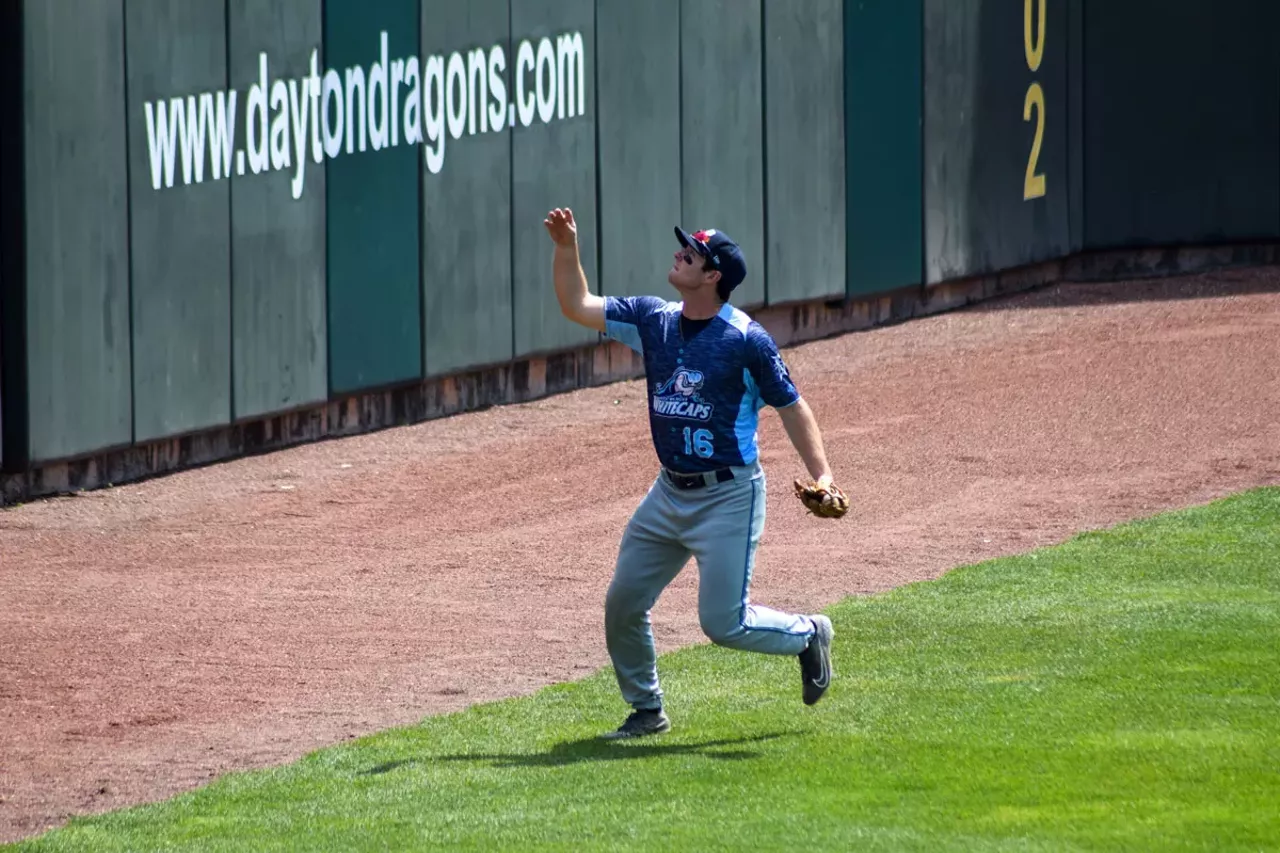
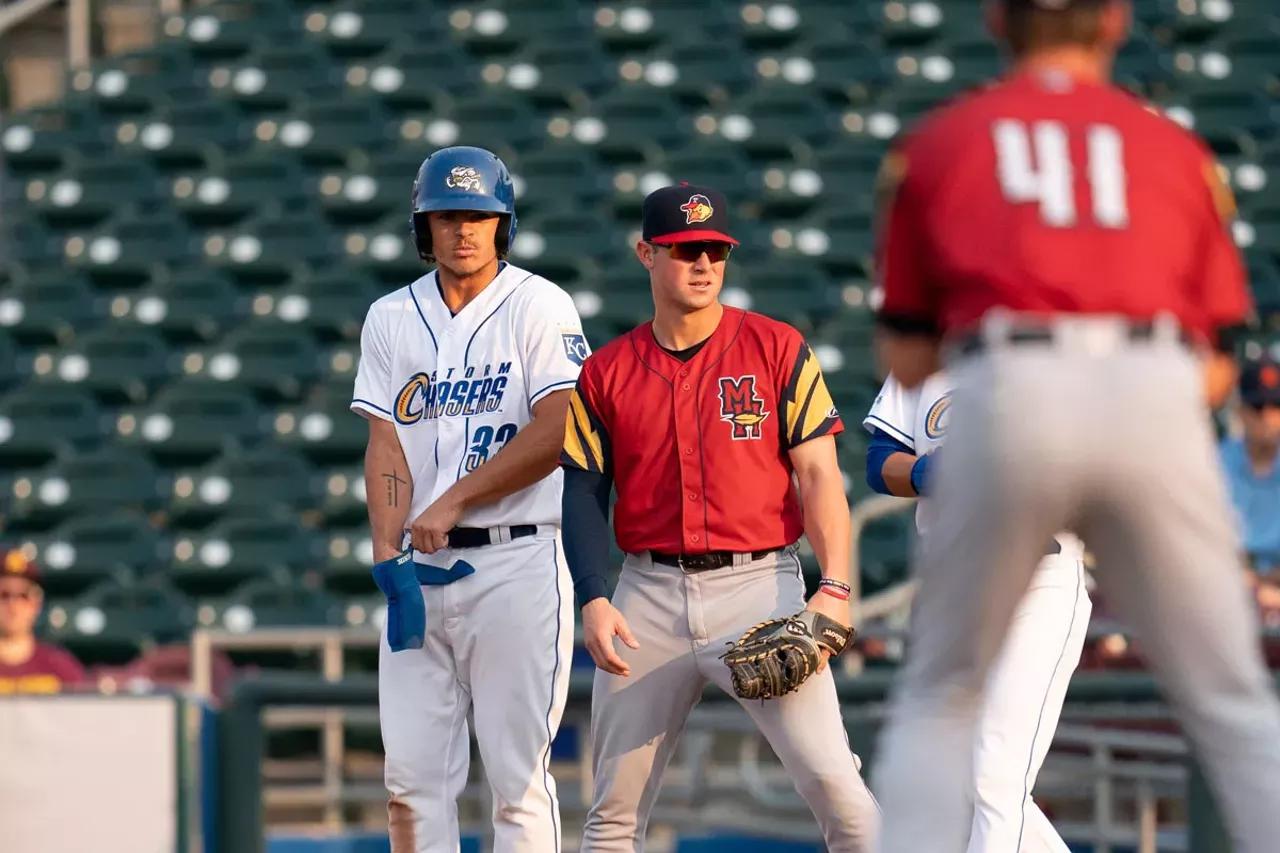

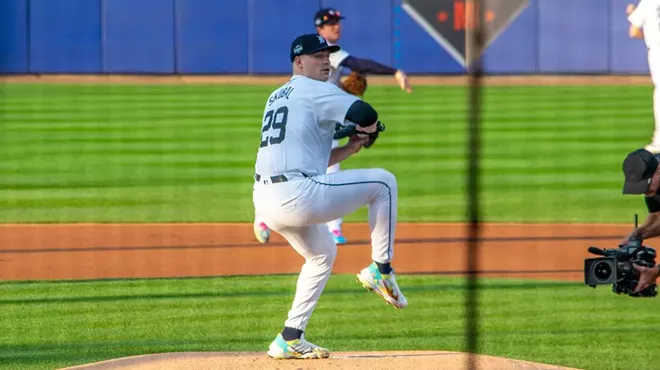
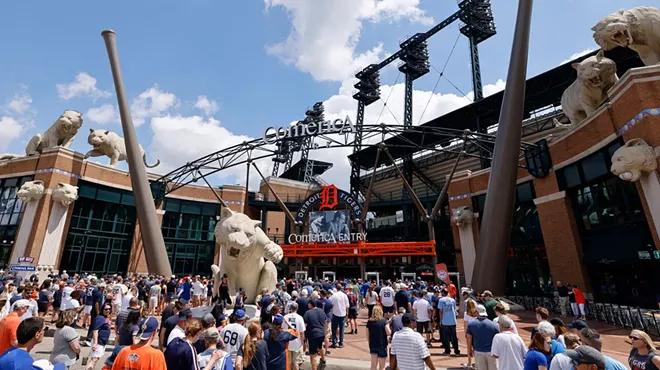


![Ain’t no party like a [redacted] party!](https://media2.metrotimes.com/metrotimes/imager/ten-years-of-the-foilies/u/slideshowsearch/38828647/2025_foilies-cover-web.webp?cb=1741895688)





